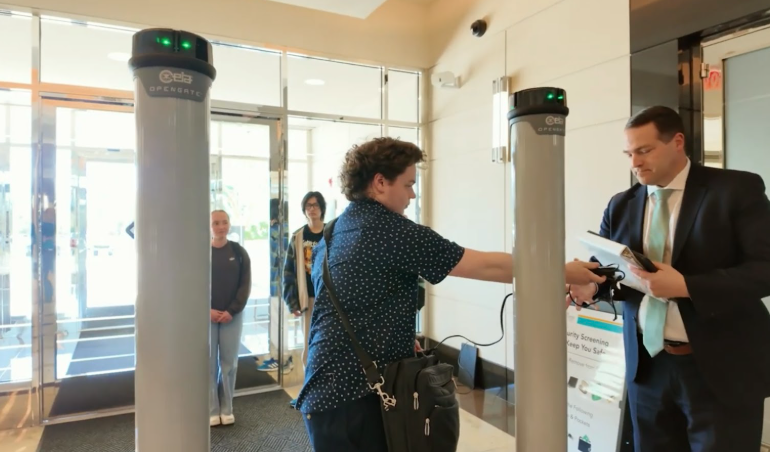New travel restrictions across Europe are expected to impact summer vacations and other international plans for students and families. Beginning in 2025, travelers to the European Union (EU) will face additional entry requirements, including biometric scans and mandatory travel authorizations.
Beginning in October, 2025, the EU will launch two systems for non-EU travelers entering the European countries of the Schengen Area, where individuals can travel freely without border checks : the European Travel Information and Authorization System (ETIAS) and Entry/Exit System (EES). ETIAS is an online travel authorization required before entering most European countries. EES will record biometric data at the border to improve security and track overstays.
“I understand the need for more protective security, but having these added steps come out of nowhere is complicating our already hectic travel plans,” senior Asira Abuageel said. “My mom had to reschedule our flight to Italy just to make sure we had time to complete the ETIAS form and get our approvals.”
The ETIAS application will cost €7 and will be valid for three years. Travelers must complete it online and receive approval before entering 30 European countries. Airlines and border agents will verify the ETIAS authorization before allowing entry.
“Having to go through all these procedures just makes the whole idea of a quick getaway a lot more stressful,” Abuageel said.
EES will replace manual passport stamping with an automated system that logs when and where a traveler enters and exists. Travelers will be required to scan their passport, provide fingerprints and take a facial image at the border.
“To be honest, the process of international travel is already so complicated,” Abuageel said. “I don’t think they need to add any more restrictions.”
The European commission began planning ETIAS and EES years ago, but both were delayed by technical issues and the COVID-19 pandemic. Now confirmed for rollout in late 2025, the systems are expected to become a regular part of international travel to and from the EU.
“I think this just takes the fun out of going to Europe and will make people rethink their travel plans,” Abuageel said.







